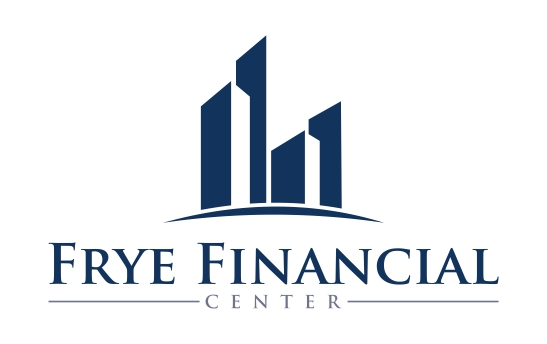Saving and Investing in Your 30s…
Planning for the Long Road Ahead
We turn our attention to 30-somethings, and how making good choices today may help your financial well-being decades from now.
Here are the top 5 things you can do to plan ahead. While taking charge of your finances is not especially difficult, it does take time and attention. Consider working with a financial advisor to create a plan that takes into account your specfic circumstances and goals.
- Pay down school loans – As of December 2106, Americans are awash in $1.31 trillion in education debt1 , and in 2016 the average student loan debt was $37,172. 2 The problem is that outstanding loan balances may cause you to delay other life decisions, such as buying a home or starting a business. There’s a straightforward approach to retiring school debt. Look at all forms of outstanding debt (student loans and credit-card debt) and assess whether you’re on track to paying it off in a desired time frame. You might also consider consolidating the debt or refinancing if it reduces the interest rate you pay each month or accelerates your repayment schedule.
- Protect your loved ones – Even when you’re in the prime of life, misfortune may strike. If you are married, you may want to set up a living will and/or a revocable life insurance trust. A living will specifies what actions should be taken for your health if you are no longer capable of making decisions for yourself because of illness or incapacity. A revocable life insurance trust allows you to specify that life insurance benefits be paid into a trust for the benefit of your loved ones. This is often recommended for younger families with relatively modest assets but substantial insurance policies to pay down debts, fund education or accumulate wealth.
- If you have dependents, consider buying term insurance – Term life insurance pays a fixed amount of benefit for a certain period of time (the relevant term). Parents with dependent children often purchase term life insurance policies as the least expensive way to provide for those children’s livelihoods in the event of their death.
- Save for a down payment on a house – But only if you have no credit-card debt and you’ve set up a six- to eight-month emergency fund. The emergency fund needs to be an account that you can access relatively quickly, without penalty, such as a bank savings account or money market fund. Many financial advisors do not recommend purchasing a home with less than a 20% down payment.
- Keep saving – A rule of thumb is to save about 15% of your salary for retirement, including IRAs, employer-sponsored plans and any matching employer contributions. While taking charge of your finances is not especially difficult, it does take time and attention. Consider working with a financial advisor to create a plan that takes into account your specific circumstances and goals.
1 Quarterly Report On Household Debt And Credit, New York Federal Reserve, February 2017 https://www.newyorkfed.org/medialibrary/interactives/householdcredit/data/pdf/HHDC_2016Q4.pdf
2 10 Student Loan Facts College Grads Need to Know, Farran Powell, U.S. News, May 9, 2016 https://www.usnews.com/education/best-colleges/paying-for-college/slideshows/10-student-loan-facts-college-grads-need-to-know
Disclosure: This material was created for educational and informational purposes only and is not intended as ERISA, tax, legal or investment advice. LPL Financial and its advisors are providing educational services only and are not able to provide participants with investment advice specific to their particular needs. If you are seeking investment advice specific to your needs, such advice services must be obtained on your own separate from this educational material. © 2014 Kmotion, Inc Kmotion, Inc., 412 Beavercreek Road, Suite 611, Oregon City, OR 97045; www.kmotion.com


